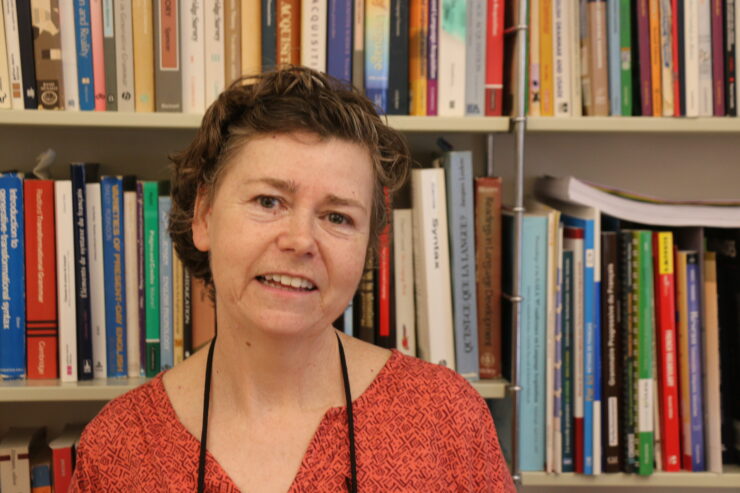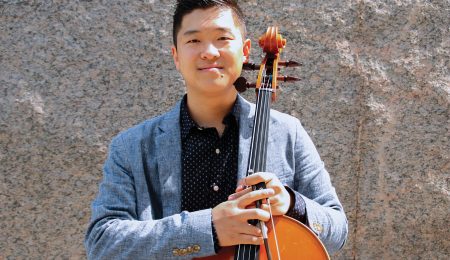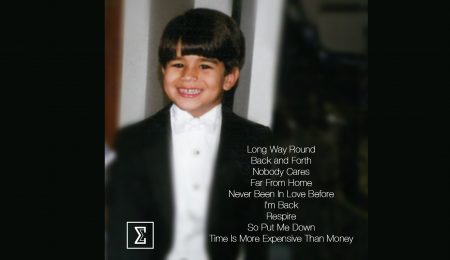Language’s rich history makes it integral to Irish-Ottawa community
A University of Ottawa professor is working to grow the Irish language in Ottawa, one learner at a time.
Sheila Scott, a linguistics professor with the Official Languages and Bilingualism Institute at the U of O, hosts Irish teaching sessions and helps organize monthly ceilis, or traditional dance parties, in the city. She is also one of the founders of the only Gaeltacht in North America, just outside Kingston, where Irish enthusiasts can play and listen to music, dance, and enter writing competitions, all in the Irish language.
Scott’s parents emigrated from Ireland in 1957, and both had some knowledge of Irish, having studied it in Ireland like school-kids in English Canada study French.
“My dad had done all his primary school through Irish, so Dad had far more Irish than my mom. He grew up on the west coast, in Kerry, where there’s a lot more Irish spoken. My mom grew up on the east coast, so Irish was a subject, an obligatory subject,” said Scott. “You had to pass Irish or you didn’t even graduate.”
Scott was enamored by the language, particularly its unusual grammar and sentence structure. She ended up doing her PhD in Irish syntax and morphology, and she hopes to instill a love of the language in Ottawans today, and not just those with Irish heritage.
“They don’t all have names like Kelly and O’Connor. There are people in these classes who have Chinese backgrounds, or Vietnamese background, or East Indian background,” she said of her classes. “Some of them come because they are interested in linguistics, some are interested in the history, the evolution of what goes on in Europe.”
Scott has noticed that people come to Irish culture for different reasons. Irish music and dance are popular, she noted, and so she tries to work the Irish language into dance or music classes.
Although Irish is growing in popularity now, the language suffered for a long time under harsh English rule. People could be hanged for speaking Irish, Scott said. So, when Ireland gained its independence, Irish became a symbol of pride, something it still is to today’s learners.
“Many (learners) are going back three or four, sometimes five, generations,” said Scott. “The culture is so rich, and even if you didn’t speak the language you were always proud of your Irish culture, and I think there’s an awareness now of how endangered the language is. And so, people who are celebrating their Irish culture are saying, well maybe my next step should be contributing towards keeping the language going.”
In addition to Scott’s own work and the work of groups like Ottawa Irish Arts, the U of O has a close-knit Celtic studies department and a visiting PhD student with the Ireland Canada University Foundation. The department plays a role in promoting Irish culture in an academic setting, and is a good entry-point for students into the Irish community.
Scott has a vision for the Irish studies in Ottawa, particularly in the university.
“One thing is to encourage the chairs of Celtic Studies in all the different universities here, to make sure that language is always part of the curriculum … if we can make language part of curriculum for all those chairs, that would be really cool,” she said.
Anyone wanting to get involved in Irish music, sports, dance, or language-learning is encouraged to email Sheila Scott at sheila.scott@uottawa.ca.




